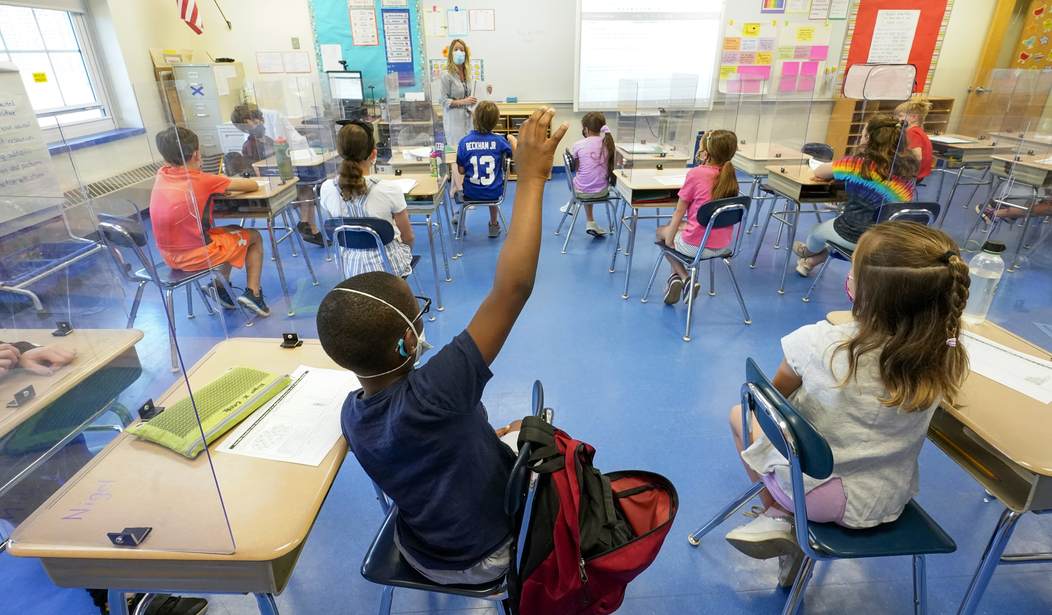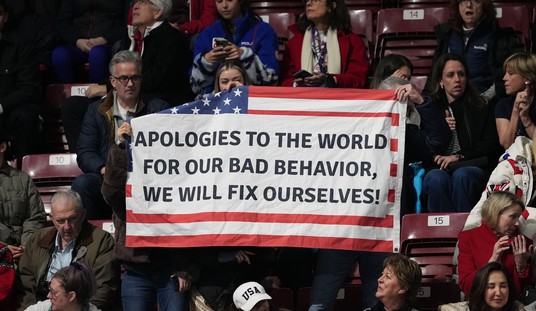School choice has become a hot-button issue over the past few years as concerns over COVID lockdown orders, mask mandates, and problematic teachings infused in classrooms abound. Parents are increasingly looking at educational alternatives to public schooling for their children.
In Texas, a state that has had difficulties in passing school choice legislation, the battle is beginning to heat up as its next legislative session is set to kick off next year. Republican state lawmakers have already begun posturing on the issue, and it appears 2023 might just be the year when the Lone Star State finally passes more comprehensive school choice laws.
Conservative lawmakers and pastors have begun calling for laws that would provide school vouchers. “After COVID and after [critical race theory] and after pornographic books in libraries, parents deserve choices,” Lt. Gov. Dan Patrick said during a call with Texas pastors on Tuesday.
Former U.S. Education Secretary Rod Paige, who was also on the call, referred to the “crisis” facing parents.
“We are educationally in a crisis of change,” he said. “The pandemic has changed the area of education in the United States of America. My suggestion would be that [Gov. Greg Abbott] assemble a good group of good thinkers and think about where we go from here.”
The Texas Public Policy Foundation (TPPF) has been helping to set the stage for the effort to garner support for these measures. It launched a Parental Empowerment tour around the state in April to get more awareness on the matter.
During an appearance on The Salcedo Storm Podcast, host Chris Salcedo spoke with State Reps. Phil King, Brian Harrison, and Bryan Slaton to discuss school choice, among other issues. The conversation turned to the issue of school districts promoting far-leftist ideology on race, sexuality, and gender identity in K-12 classrooms. They spoke about the inclusion of sexually inappropriate books in school libraries as well. These issues have further fueled the push for educational options.
As a result of explicit books in school libraries, the promotion of LGBT behaviors, and, now, multiple cases of sexual assault in public schools, some Texans are calling for more school choice legislation. Harrison called for Texas lawmakers to open the education field up to competition and allow parents to decide which schools best fit their children’s needs.
Harrison emphasized the need for more competition in the state’s educational system. “At some point, we’ve got to let competition do the job … that we allow it to do in every other sector of our economy. Because, right now, what are the parents to do?” he said.
“Maybe you actually want a chance to take your kid and put them in a school that more aligns with your values, with your expectations that your kids, by the time they turn 18, when they put a diploma in their hand, they’re going to have sufficient skills,” the lawmaker continued. “They can market themselves and provide for a family the day they walk across that stage. But they’re stuck right now. They don’t have a choice.”
Harrison highlighted the plight of families living in poverty whose children are forced to receive a substandard education.
“There is nothing more uncompassionate or uncaring or immoral to say these poor families who are trapped in failing schools … just have to stay there. They’re going to have their kid miss out on the most important thing that they can get to determine their success in life, which is a quality education,” he insisted.
Predictably, not everyone is on board with giving parents more educational options for their children. Both Democrats and Republicans have opposed the proposition because they fear it would take money away from public schools.
State Rep. Gary VanDeaver has been an opponent of school choice for years. He was one of several lawmakers who scuttled similar measures in 2017. He indicated that parents are complaining that they are paying property taxes, which are used to fund public schools but have chosen to homeschool their children or send them to private schools.
“I prefer to reduce their property taxes, so they have the option of spending that money any way they choose, whether it be alternative education choices, saving for college or purchasing a new car,” VanDeaver told KHOU.
The lawmaker also referred to school choice measures that were passed in the 1990s, which provided students in low-performing schools with the ability to transfer out of their district.
“Proponents of expanding school choice options often say the money should follow the student,” he said. “Current Texas law already does that if a student transfers to another public school, including a charter school.”
In rural areas in Texas, there are fewer options as these places do not have as many private institutions serving their communities. VanDeaver noted that a voucher program could cause damage to the public schools in these regions.
“This sense of community is what makes Texas great, and I would hate to see anything like a voucher program destroy this community spirit,” he said.
But does VanDeaver’s argument hold water? To those who favor school choice, it does not make sense to withhold educational options from parents simply because rural areas do not have as many schools. Why deprive the rest of the state’s parents of the opportunity to obtain a higher-quality education without all the indoctrination simply because folks living in rural areas aren’t able to take advantage of it as frequently?
Texas has experienced tremendous difficulties in passing school choice legislation. But this year could be different. With the widespread furor over the nation’s education system, public opinion is on the side of the school choice movement. This could make all the difference in 2023.














